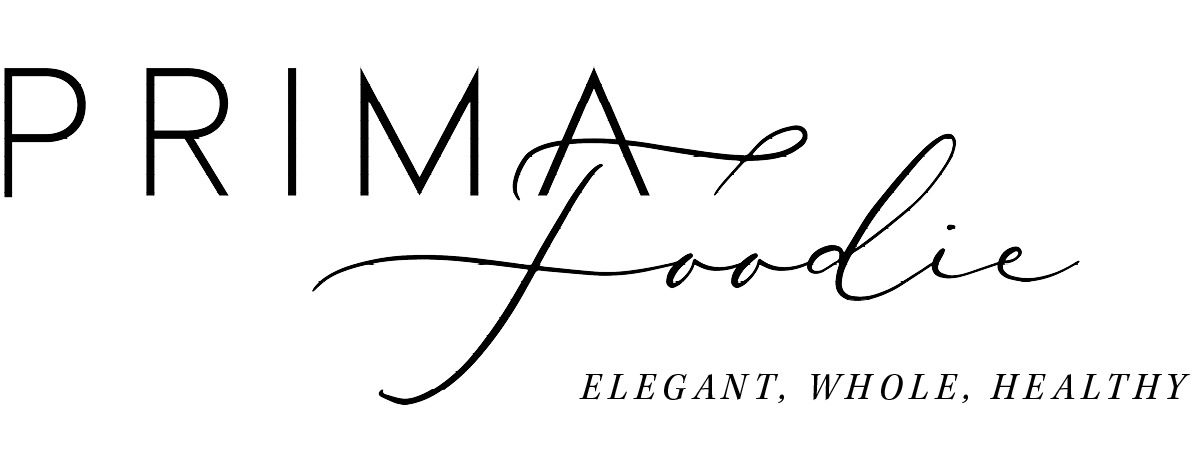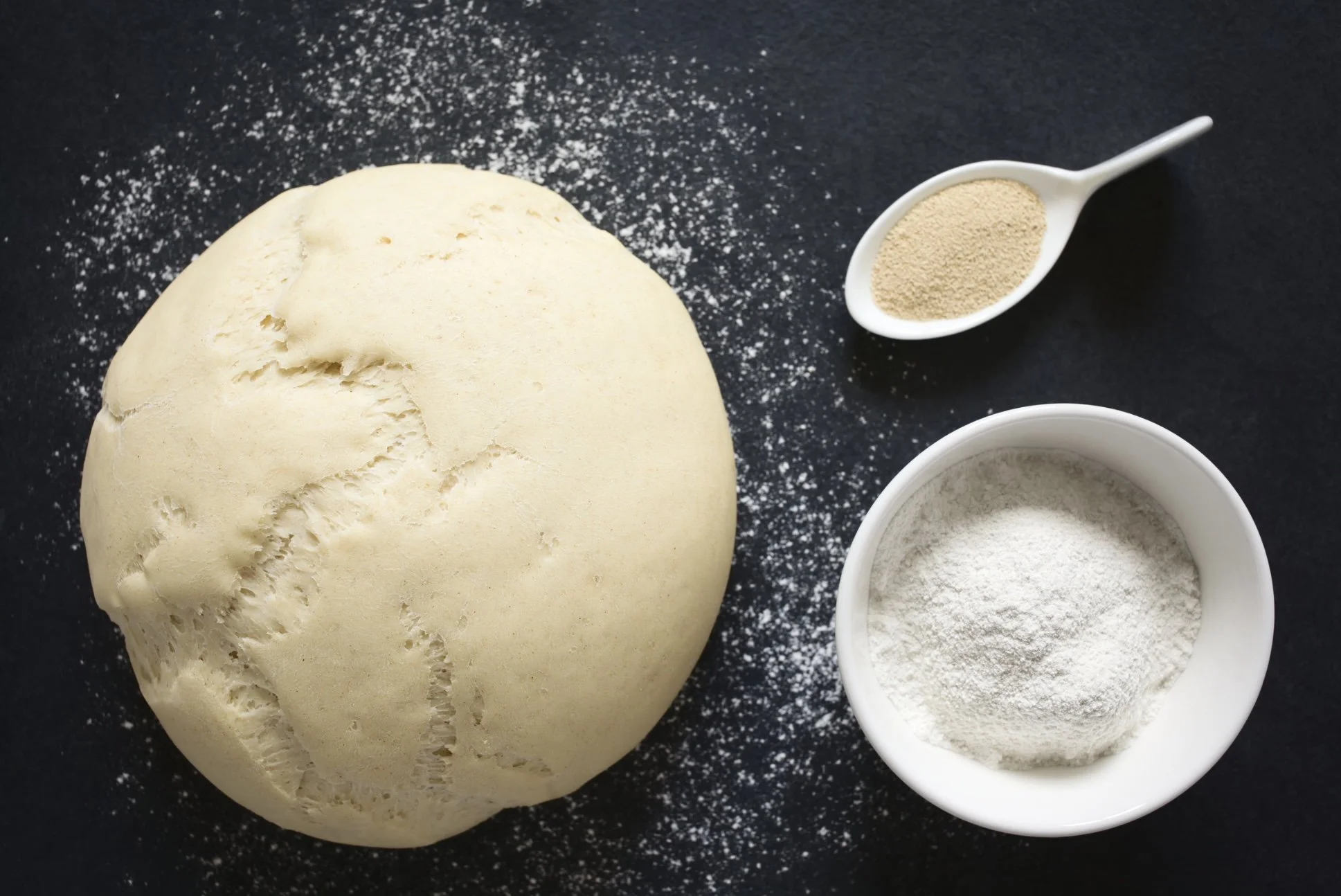It’s Time for Cleaner Personal Wipes
A Conversation on Cotton, Additives and More with Founder Vanessa Menache
What goes into this lipstick, this hand sanitizer, this lotion? What is in the shampoo I reach for daily? Is this sunscreen safe for my kids? These questions fill our minds as we parse labels and continue to learn about all the potentially harmful additives that go into our personal care items.
We were thrilled to recently connect with Vanessa Menache who took our conversation to a new level, teaching us about another everyday product so many of us reach for: wipes. Vanessa just launched raan, her new line of clean, pure cotton wipes, and has edified us on all that goes into these essentials. As she tells us, most wipes on the market contain synthetic fibers like polyester and polypropylene, and even those labeled as “plant-based” include heavily processed and chemicalized materials.
It's a reason to pause considering how wipes are for our tender parts. So, we asked Vanessa to fill us in further.
A Conversation with Vanessa Menache
What led you to rethink personal wipes and consider a better version?
Wipes are an everyday essential—you use them on your face, your body, your babies, even your pets. But when you really dig into the ingredients and materials behind most conventional wipes, the lack of transparency becomes clear. Many are made from synthetic or heavily processed fibers that aren’t biodegradable, and their formulations often hide harsh additives behind words like “gentle” or “natural.” raan was born from a desire to do better—to create something clean that I could feel good about using on my skin, in my home, and in my daily life.
What are some common materials and additives in most personal and baby wipes? How does raan stand apart from these?
Most wipes on the market contain synthetic fibers like polyester and polypropylene, which means they’re essentially plastic. Even many labeled as “plant-based” include rayon, which is heavily processed with chemicals. Then you have added preservatives, fragrances, and alcohols that can be harsh on sensitive skin. raan stands apart by being made with unbleached 100 percent cotton and just five clean ingredients—including organic aloe and 99 percent purified water. No synthetics, no hidden additives, no microplastics. It’s a wipe you can trust, full stop.
Cotton is a ubiquitous material but it has a history. In 2007, a report from the Environmental Justice Foundation called cotton “the dirtiest” crop. How have things changed since then?
Today’s cotton production looks very different from a decade ago. Our cotton partner, TruCotton, uses forward-thinking practices to reduce waste and improve soil health—like precision agriculture tools, no-till systems, and cover cropping. These techniques support biodiversity, reduce erosion, and allow cotton to be grown more responsibly at scale.
We specifically chose TruCotton because of their commitment to environmental stewardship and their proprietary, waterless cleaning process, which skips bleach and harsh chemicals entirely. It also preserves the cotton’s naturally soothing waxes and oils—making it ideal for sensitive skin.
In short: not all cotton is created equal. But when it’s grown and processed with integrity, it becomes one of the most effective, gentle, and sustainable fibers on the planet.
We’d love to know more about the cotton you use for raan: how is it different from conventional cotton?
We use USA-grown cotton that’s processed using TruCotton technology—a clean, primarily unbleached, water-free method that leaves behind none of the harsh residues found in most cotton products. It’s naturally hypoallergenic, ultra-soft, and fully biodegradable. What makes it even more special is that the fiber is traceable from field to final product. That level of supply chain transparency is rare, especially in personal care.
There seems to be growing awareness about what goes into and on our products, but there’s still so much that is unregulated and unknown by consumers. How can we all start to be more discerning and caring?
Start by asking questions. Look beyond the buzzwords—“eco-friendly,” “natural,” and “clean” don’t mean anything unless they’re backed up by specifics. Look for third-party certifications, full ingredient lists, and clear sourcing practices. If a brand can’t tell you what’s in their product and where it comes from, that’s a red flag. As consumers, we’ve been trained to prioritize convenience, but we’re learning that true convenience doesn’t have to come at the cost of health or sustainability. Small shifts, like choosing a better wipe, can add up to a huge impact.
What makes you most proud about having created raan?
Honestly, it’s knowing that we’ve made a product that delivers on performance, transparency, and sustainability—without compromise. It’s a wipe you can use on a newborn, your own skin, your dog’s paws, or your countertops, and feel good about every single time. That versatility is rare, and it speaks to the integrity of the ingredients and materials we use. We didn’t cut corners, and that’s something I’ll always be proud of.
You can learn more about Vanessa and raan here.














